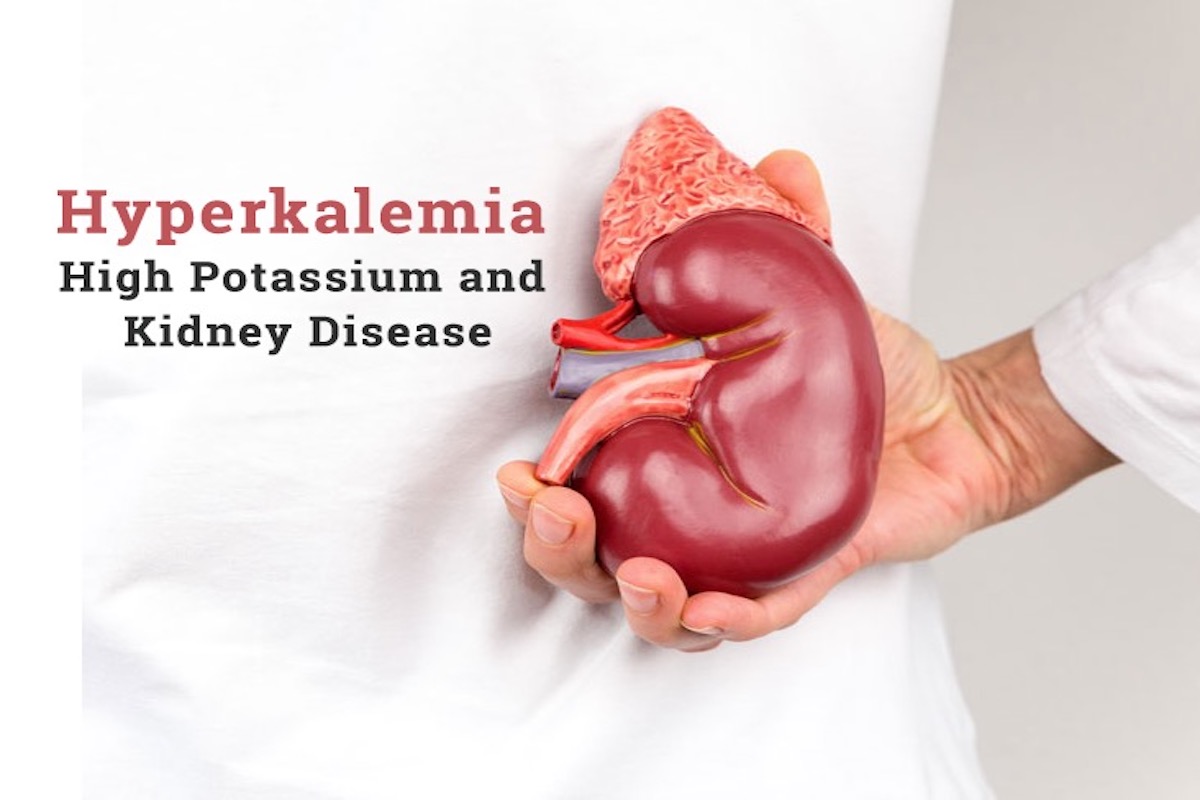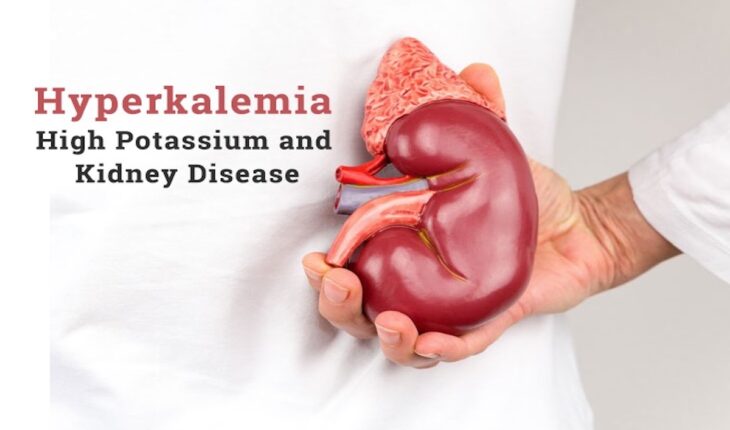In the United States, hyperkalemia is a relatively common problem, with an estimated 2% to 3% of the population experiencing high potassium levels at some point. While it can affect anyone, certain groups such as those with chronic kidney disease or heart failure may be at higher risk. Understanding the causes, symptoms, and treatment options for hyperkalemia can help you manage this condition and improve your overall health.

What Is Hyperkalemia?
Hyperkalemia, also known as high potassium, is a medical term that means there is too much potassium in your blood. Potassium is a mineral that helps your muscles and nerves work properly. Sometimes, the level of potassium in your blood can become too high, which can be a (life-threatening) problem.
Causes of Hyperkalemia
Having too much potassium in your blood, can be caused by various factors.The most common cause is kidney dysfunction or kidney disease. Since the kidneys play a crucial role in maintaining the balance of potassium in the body by filtering and excreting excess potassium, any impairment in kidney function can lead to potassium buildup. This can occur in conditions such as chronic kidney disease, acute kidney injury, or certain medications that affect kidney function. Other causes, include:
- Certain medications, like blood pressure medication
- Adrenal gland issues, which produce hormones
- Acidosis: when your body becomes too acidic
- Tissue injury: injuries or burns that damage cells
- Dehydration
- Diet
Continue reading on the next page and discover how you can recognize hyperkalemia, how you can treat it and if it’s possible to prevent it.

